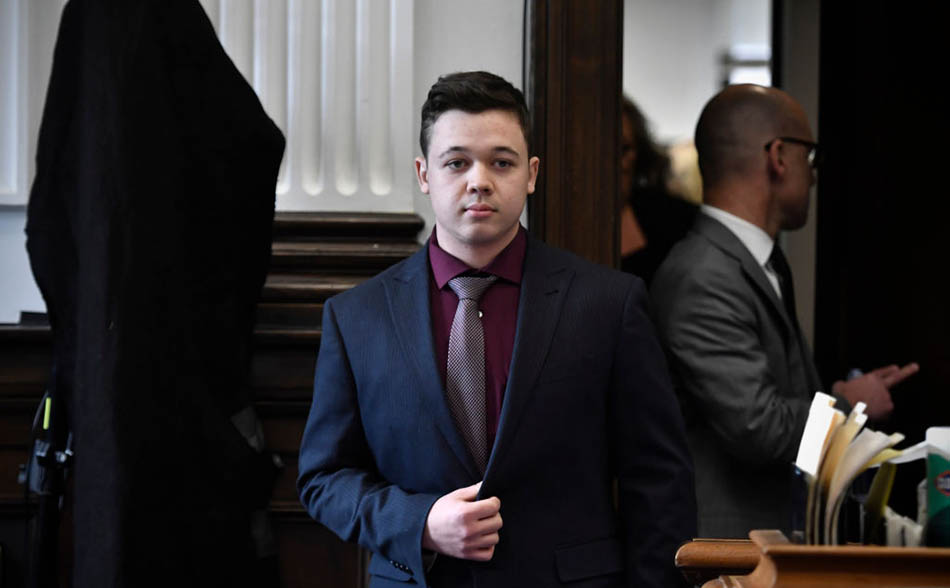Kyle Rittenhouse Judge: Media Can’t Contact Jurors Directly
Judge in Wisconsin shooting deaths case says interview requests will be made in writing

The smarter way to stay on top of broadcasting and cable industry. Sign up below
You are now subscribed
Your newsletter sign-up was successful
Following their finding of Kyle Rittenhouse not guilty on all charges, the judge in the trial of Rittenhouse for a shooting resulting in the death of two people told jurors they could talk to the media as much or as little as they liked, but were under no obligation to talk to reporters at all.
Following the verdict, Kenosha County (Wisconsin) Circuit Court Judge Bruce Schroeder praised the jury highly for its attentiveness and cooperation, then provided them with some instructions about dealing with the media. Rittenhouse was on trial for the shooting deaths of two unarmed men and the shooting of a third during police brutality protests in Kenosha, Wisconsin, in August 2020.
Schroeder said a number of outlets wanted to talk to jurors and that he would allow them to make presentations in writing. It was entirely up to jurors whether they wanted to contact those outlets, he said, but “they are not to contact you.”
He said jurors who are contacted and did not want to talk should say they are not interested in discussing the case, adding: “If anyone persists in doing so, report that to us and it will be addressed, I assure you.”
The judge had banned MSNBC from the court building earlier in the week after a freelance producer appeared to follow the juror bus after they left the court for the day, then got a traffic ticket that brought that fact to light.
Defense attorney Mark Richards was asked after the verdict about the trial being televised. He said he had never had a case televised gavel-to-gavel before and did not know at the start how big the case would be, but he said he did not think televising the trial made the jury or lawyers act differently.
CNN analysts suggested that TV coverage was helpful in preventing a potentially violent reaction to the verdict, given that people were able to see how each side made their case and see Rittenhouse's emotional testimony. ■
The smarter way to stay on top of broadcasting and cable industry. Sign up below
Contributing editor John Eggerton has been an editor and/or writer on media regulation, legislation and policy for over four decades, including covering the FCC, FTC, Congress, the major media trade associations, and the federal courts. In addition to Multichannel News and Broadcasting + Cable, his work has appeared in Radio World, TV Technology, TV Fax, This Week in Consumer Electronics, Variety and the Encyclopedia Britannica.

